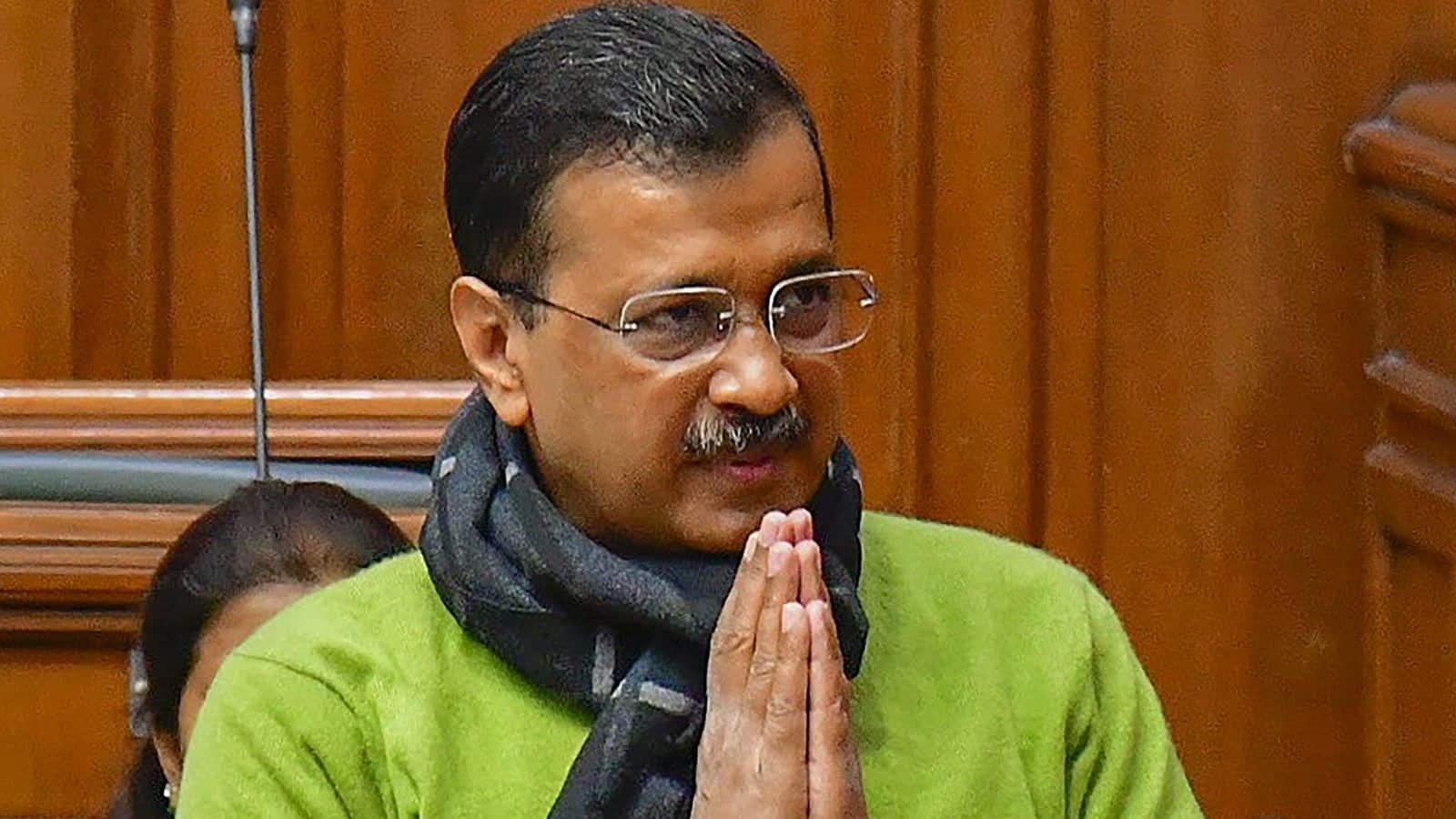
Man brings liquor to court during 'liquor policy case' hearing
What's the story
A man brought liquor to Rouse Avenue Court as the Delhi excise policy case hearing was taking place on Thursday.
He was immediately taken into custody.
The man reportedly brought the liquor to protest the arrest of Delhi Chief Minister Arvind Kejriwal by the Enforcement Directorate (ED) in connection with a money laundering case linked to the now-scrapped excise policy.
Twitter Post
Watch: Man detained by police
VIDEO | Police detain a man who brought liquor in the premises of Rouse Avenue Court, where Delhi CM Arvind Kejriwal is being produced in connection with the excise policy case. pic.twitter.com/deqrsD2RZ9
— Press Trust of India (@PTI_News) March 28, 2024
Defense statement
Kejriwal defends himself, questions arrest
During the hearing, Kejriwal chose to address the court directly, claiming that the ED arrested him without any solid allegations or proof.
"The Central Bureau of Investigation has filed 31,000 pages (of chargesheets) and ED filed 25,000 pages. Even if you read them together...the question remains...why have I been arrested?" Kejriwal asked the court.
The court extended Kejriwal's custody until April 1, even though the ED sought a seven-day extension.
Court warning
High court denies Kejriwal protection, warns AAP
Kejriwal was arrested a day after the Delhi High Court denied protection from coercive action by the federal anti-money laundering agency on March 22.
On Wednesday, the court also issued a stern warning to the AAP's legal team regarding their call for protests against Kejriwal's arrest.
The court declared that anyone protesting would do so at their own risk and could face potential repercussions.
Case background
Delhi excise policy scam
The Kejriwal government introduced a new excise policy in November 2021 to modernize alcohol sales. Within a year, it was scrapped.
The ED alleged that the policy was deliberately created with loopholes to benefit AAP leaders. It accused AAP of accepting kickbacks from liquor companies in exchange for preferential treatment, such as discounts and license fee waivers.
It alleged that the "scam" involved giving wholesale liquor businesses to private entities with a fixed margin of 12% for a 6% kickback.